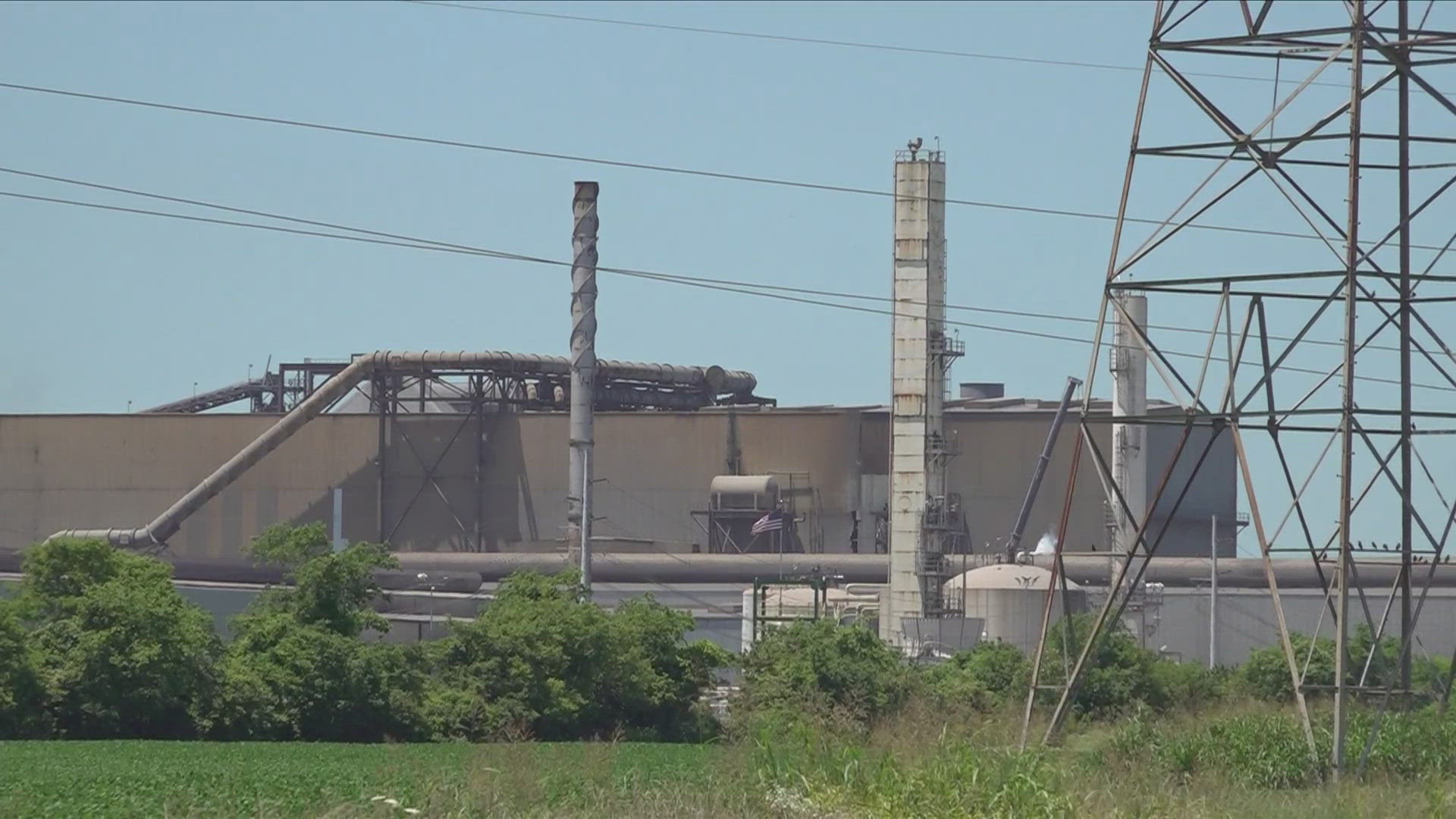SHELBY COUNTY, Tenn — The announcement of Elon Musk’s intent to build the world’s largest supercomputer facility in Memphis is drawing strong reaction from around the Mid-South.
Environmental groups are optimistic a site in southwest Memphis will do more good for the region than harm, but said they’re going to need to see it to believe it.
“xAI and a supercomputer is the stuff of science fiction. But we cannot ignore our reality,” said KeShaun Pearson, the executive director of MCAP, or Memphis Community Against Pollution.
Though Greater Memphis Chamber President and CEO Ted Townsend would not confirm the location of the build during Wednesday's announcement, the Chamber did say it would be at a former manufacturing facility. They said the investment was supported by building owners Phoenix Investors, which owns a handful of properties in Memphis, including the former Electrolux site on Paul Lowry Rd. in southwest Memphis.
Pearson said they have a healthy skepticism about what bringing a supercomputer facility will do to area, which has a long history of toxic industrial pollution and rising cancer cases.
“Our concerns are many, and our concerns are about the overall wellbeing of our community, the overall wellbeing of our environment. Because what we can’t do is continue to sacrifice our environment for prosperity and for profit,” Pearson said.
According to Sarah Houston of Protect Our Aquifer, the facility will use enormous amounts of power from MLGW’s grid and water from nearby sources.
“Computer systems like this need a lot of water to cool the big machinery. They’re looking at a demand of at least one million gallons of water per day,” Houston said.
She believes this new development is likely to accelerate one of Protect Our Aquifer’s long-standing campaigns - the creation of a wastewater recycling facility that can then be used to cool xAI systems, rather than using clean fresh water.
“With xAI coming in down the street, they could actually help put up some funding and some capital to bring that online. That means less impact on our water, less impact on our infrastructure, and recycling wastewater we’ve already used,” Houston said.
The Tennessee Valley Authority said this week it would work with MLGW to maximize electricity demand, and provide flexibility when demand gets high, should the supercomputer facility open and be operational.

